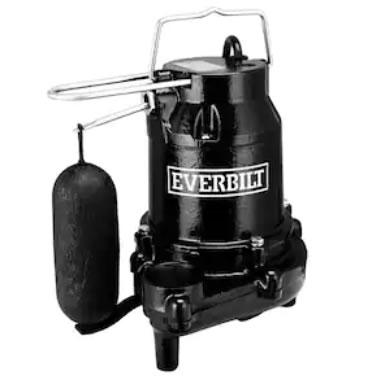Preparing Commercial Property for Flood: Essential Steps
Protect your investment by preparing commercial property for flood risks. Follow essential steps to ensure resilience. Get expert insights here.
Building Resilience: Preparing Your Commercial Property for Flood
In an era of unpredictable climate changes, the importance of preparing commercial property for flood events cannot be overstated. Floods pose a significant threat to businesses, leading to financial losses, operational disruptions, and safety concerns. This article focuses on essential strategies and precautions that commercial building owners and managers can implement to effectively prepare their properties for potential flooding.
Understanding the Risk: Preparing Commercial Property for Flood
The first step in flood preparedness for commercial buildings is a comprehensive risk assessment. Collaborate with local authorities and experts to determine the flood risk level in your area. By understanding whether your property is situated within a floodplain or an area prone to flooding, you can tailor your preparation efforts more effectively.
Understanding the Risk: Preparing Commercial Property for Flood
The first step in flood preparedness for commercial buildings is a comprehensive risk assessment. Collaborate with local authorities and experts to determine the flood risk level in your area. By understanding whether your property is situated within a floodplain or an area prone to flooding, you can tailor your preparation efforts more effectively.

Elevating Critical Infrastructure
Elevating critical infrastructure is paramount when preparing a commercial property for flood events. Elevating key components, such as electrical panels, data centers, HVAC systems, and valuable equipment, above anticipated flood levels can prevent damage and ensure the uninterrupted functioning of vital services.
Waterproofing and Sealing Strategies
Implementing waterproofing measures is crucial for safeguarding your commercial building from water intrusion. Apply waterproof coatings to exterior walls and install flood barriers at vulnerable entry points like doors and windows. Properly sealing the foundation helps prevent water from infiltrating the building’s structure.
Effective Drainage and Thoughtful Landscaping
Maintaining proper drainage systems and landscaping is pivotal for flood preparedness. Regularly clean gutters, downspouts, and drainage systems to ensure efficient water flow. Adequate landscaping grading can guide water away from the building, reducing flood risks.
Sump Pump Installation and Regular Maintenance
Installing sump pumps in lower levels of commercial buildings is a smart flood mitigation strategy. Regular maintenance of these pumps ensures their reliable operation during flood events. Regular testing and maintenance can make a significant difference in their effectiveness.

Crafting an Emergency Response Plan for Floods
Developing a comprehensive emergency response plan tailored to flood scenarios is essential. This plan should outline evacuation routes, designated assembly points, and clearly defined roles for employees during flood events. Regular drills keep everyone familiar with the procedures.
Ensuring Business Continuity
A robust business continuity plan is a cornerstone of flood preparedness for commercial properties. Establish strategies for maintaining operations during flood events, which might include alternative work locations, remote data access, and effective communication methods.
Insurance Coverage: Protecting Your Commercial Property
Obtaining comprehensive flood insurance coverage for your commercial property is non-negotiable. Standard property insurance typically excludes flood-related damages, necessitating a separate policy. Familiarize yourself with coverage limits, exclusions, and the claims process associated with your flood insurance.
Documenting Assets and Establishing Off-Site Storage
Maintaining accurate records of your building’s layout, equipment, and assets is crucial. Storing important documents digitally and off-site ensures accessibility even if your property is affected by floods. These documents are invaluable for insurance claims and business recovery.
Staying Informed: Preparing Commercial Property for Flood Events
To prepare your commercial property for flood events, staying informed is key. Monitor weather forecasts, flood alerts, and emergency updates from official sources. Collaborate with local emergency management agencies and establish reliable communication channels.
Conclusion
The resilience of a commercial property in the face of floods requires proactive preparation. From understanding the risks to implementing preventive measures, developing emergency plans, and fostering a culture of readiness, commercial building owners and managers can significantly enhance their properties’ ability to weather flood challenges. By preparing your commercial property for flood events, you’re not only protecting your assets but also ensuring the safety of your employees and the continuity of your business operations.

